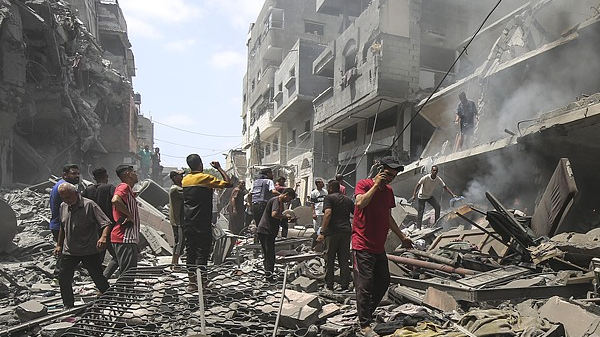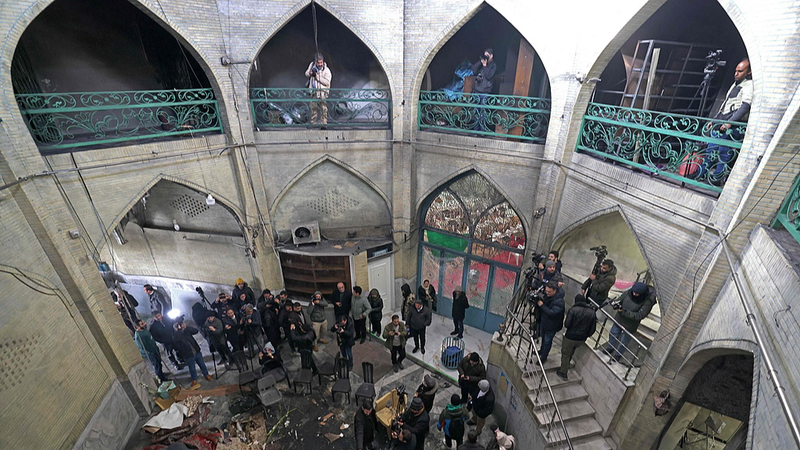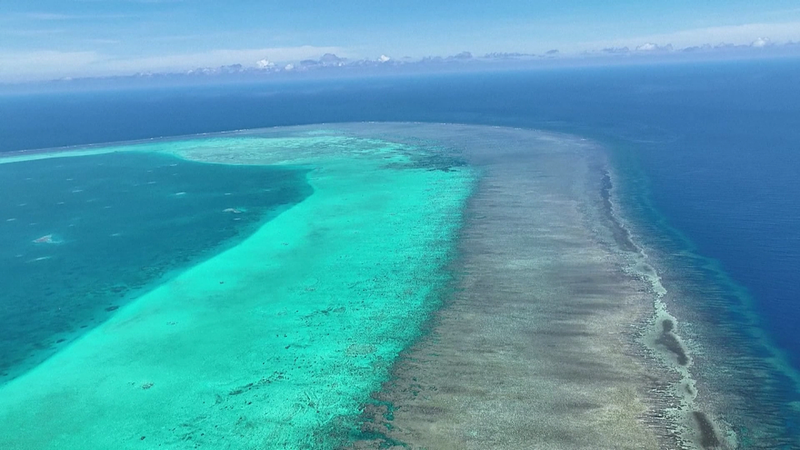Under a scorching heat wave and relentless hostilities, Gazan civilians say even the simplest task—finding food and water—has become nearly impossible, according to the UN Office for the Coordination of Humanitarian Affairs (OCHA).
Daytime temperatures in the Gaza Strip have soared into the low 30s Celsius, compounding challenges from ongoing displacement and infrastructure damage. Humanitarian missions face significant delays; one aid convoy took 18 hours to complete its route on Thursday.
In southern Gaza, the seawater desalination plant has operated at less than 14% capacity after its power line was damaged for the third time in a week. As a result, clean water supplies have plunged, pushing prices even higher.
- Low 30s °C temperatures heighten risks for vulnerable residents.
- 18-hour delays for a single aid mission reported.
- Desalination plant running at 14% capacity.
- Most food items remain scarce and costly despite minor price drops.
OCHA warns, “Aid entering into Gaza remains far below the minimum required to meet people's immense needs. The United Nations and its humanitarian partners continue to do everything possible to bring assistance inside Gaza.”
Airdrops, while intended to help, have sometimes led to casualties, highlighting that road routes are the safest and most efficient way to deliver supplies.
OCHA calls for unhindered access: “Aid must be allowed to enter through all crossings and via all available corridors so that the UN and its partners can deliver it at scale in a safe and dignified manner.”
Meanwhile, UN Secretary-General Antonio Guterres has expressed grave alarm at the decision to take control of Gaza City, warning that this escalation risks deeper catastrophe—forced displacement, more killings, massive destruction and greater danger to remaining hostages.
Reference(s):
UN warns Gazans' search for food and water is becoming impossible
cgtn.com




